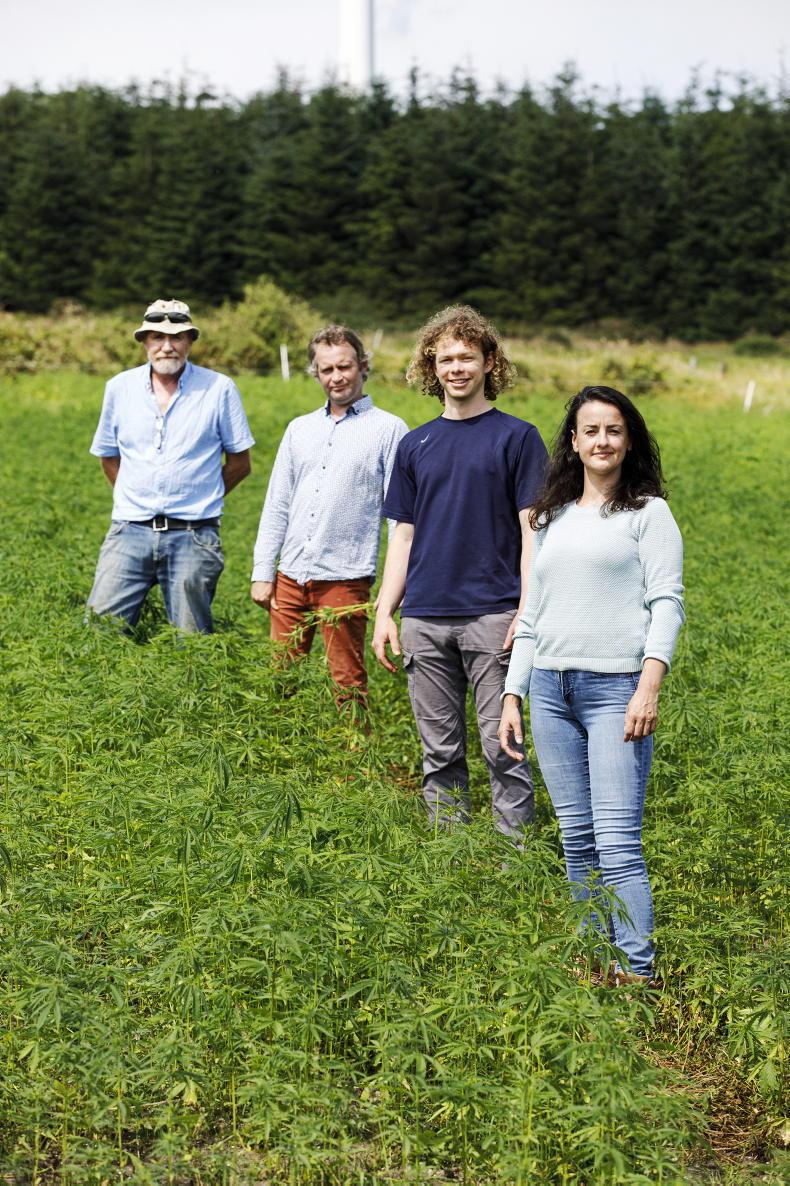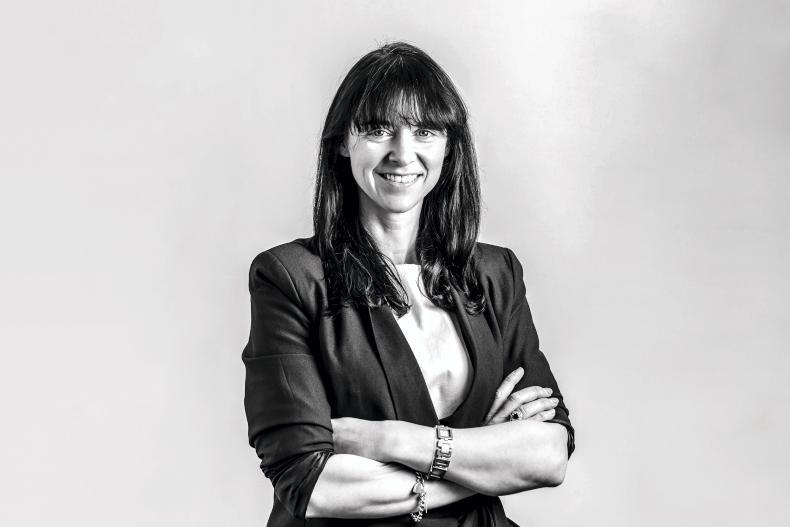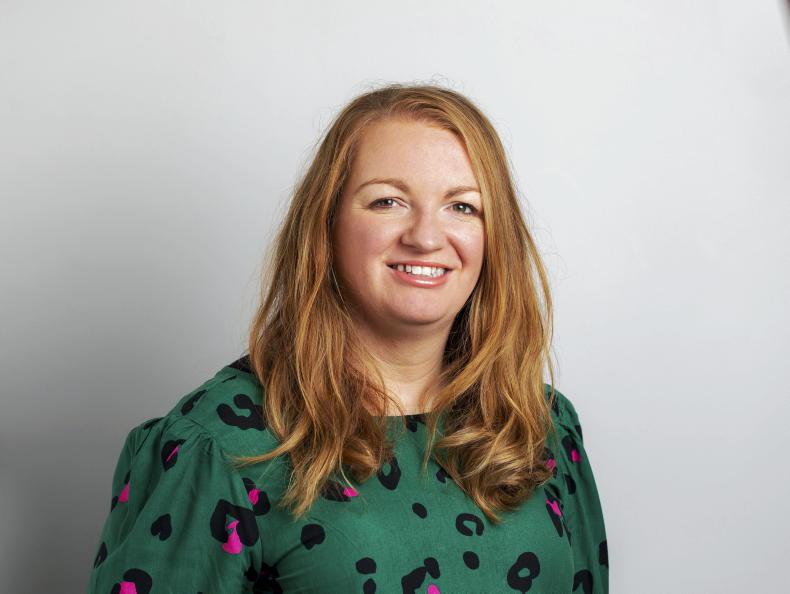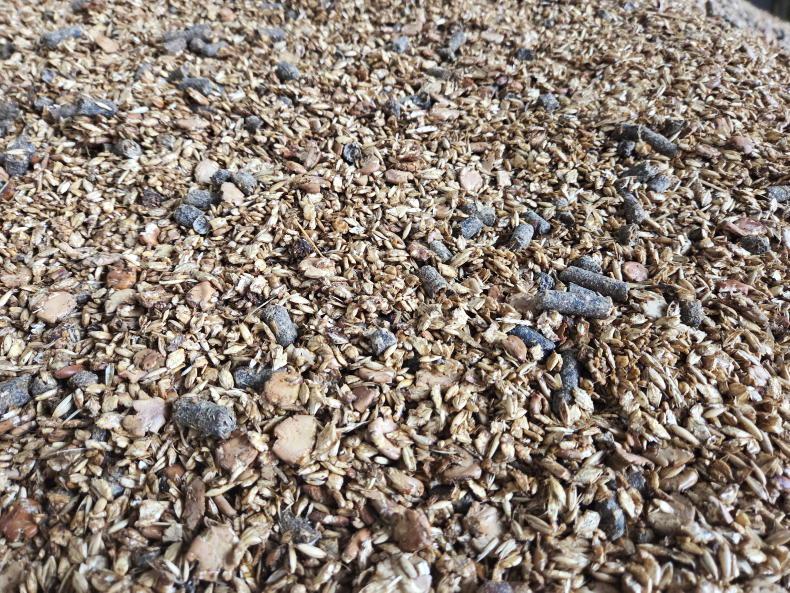On Sunday morning last Rory McIlroy was just outside the medals in the men’s Olympic golf in Tokyo. This brought me back to Rio in 2016 and Rory’s decision not to travel to that year’s Olympic Games due to the Zika epidemic. Remember that? No? Here is a recap.
In 2015, the Zika virus swept through Brazil. According to our Health Protection Surveillance Centre (HPSC), the virus usually causes only a mild illness.
However, the mosquito-borne virus was linked with birth defects in babies (Microcephaly) in 2016. It was therefore declared a “public health emergency of International Concern that warranted a global response” by the World Health Organization (WHO). Eleven months later, this declaration ended and a major percentage of the world’s population forgot about Zika.
Over 70% of the Irish adult population is now vaccinated. There has been a strong uptake to get to this point but there is a fear that this will drop off now
Despite the fact that another pandemic could arise, no specific treatment or vaccine is yet available in 2021.
This is mainly attributed to cost, not a lack of science. With COVID-19, costs were irrelevant and vaccines were developed at a rapid speed.
Over 70% of the Irish adult population is now vaccinated. There has been a strong uptake to get to this point but there is a fear that this will drop off now.
There are many reasons why people shun vaccines; pseudoscience or misinformation are often contributing factors.
Science works and the 2020 Science Foundation Ireland barometer found that Irish trust in science was strong; the population trusting both science (89%) and scientists (81%). Every day, we are implicated in scientific decisions whether we like it or not. From what we eat to medical treatments and everything in between. Science is not the panacea to everything. It is dependent on multiple factors. The old adage “doctors differ and patients die” is true. However, it is still the best way to support decision making.
Dr Google is the hero of this misinformation
Those who argue against science, I would suggest, are often more guided by science not aligning with their own personal or partisan preferences, rather that a distrust in scientists. Dr Google is the hero of this misinformation and in relation to any complex issue “Googling it” is not advised.
In health this week's, Enda Murphy addresses the issue of health anxiety. When you are not feeling well, it is practically impossible not to reach for Dr Google but Enda advises against this on the basis that “you will only find what you are looking for” thus reinforcing your own belief and bias. A trusted scientifically supported source of information is vital to decision making.
The science behind our farming sectors ability to produce milk and beef from grass as well as a wide range of crops is down to our temperate climate. However, that does not mean that all products are as easily produced.
This week, Janine has the first of a two-part series on hemp. This product – the farmers producing it argue – could be a viable and economically feasible crop but it requires support and investment. A controversial plant and if you are asking, “Are hemp and marijuana the same thing?” the answer is technically yes.

Bill Buckley, Daniel Lyons, Darragh Hayes and Laura Jayne Foley. \ Donal O'Leary
They are different names for cannabis but hemp was bred to produce low levels (in Europe 0.2%) of tetrahydrocannabinol (THC – the psychoactive substance). This important distinction makes hemp legal to grow. Admittedly, I did Google that but got directed to Teagasc, a trusted scientific source in my book.
Read more
Editorial: parking small frustrations in light of the bigger picture
Travel: the field of the gray habits
On Sunday morning last Rory McIlroy was just outside the medals in the men’s Olympic golf in Tokyo. This brought me back to Rio in 2016 and Rory’s decision not to travel to that year’s Olympic Games due to the Zika epidemic. Remember that? No? Here is a recap.
In 2015, the Zika virus swept through Brazil. According to our Health Protection Surveillance Centre (HPSC), the virus usually causes only a mild illness.
However, the mosquito-borne virus was linked with birth defects in babies (Microcephaly) in 2016. It was therefore declared a “public health emergency of International Concern that warranted a global response” by the World Health Organization (WHO). Eleven months later, this declaration ended and a major percentage of the world’s population forgot about Zika.
Over 70% of the Irish adult population is now vaccinated. There has been a strong uptake to get to this point but there is a fear that this will drop off now
Despite the fact that another pandemic could arise, no specific treatment or vaccine is yet available in 2021.
This is mainly attributed to cost, not a lack of science. With COVID-19, costs were irrelevant and vaccines were developed at a rapid speed.
Over 70% of the Irish adult population is now vaccinated. There has been a strong uptake to get to this point but there is a fear that this will drop off now.
There are many reasons why people shun vaccines; pseudoscience or misinformation are often contributing factors.
Science works and the 2020 Science Foundation Ireland barometer found that Irish trust in science was strong; the population trusting both science (89%) and scientists (81%). Every day, we are implicated in scientific decisions whether we like it or not. From what we eat to medical treatments and everything in between. Science is not the panacea to everything. It is dependent on multiple factors. The old adage “doctors differ and patients die” is true. However, it is still the best way to support decision making.
Dr Google is the hero of this misinformation
Those who argue against science, I would suggest, are often more guided by science not aligning with their own personal or partisan preferences, rather that a distrust in scientists. Dr Google is the hero of this misinformation and in relation to any complex issue “Googling it” is not advised.
In health this week's, Enda Murphy addresses the issue of health anxiety. When you are not feeling well, it is practically impossible not to reach for Dr Google but Enda advises against this on the basis that “you will only find what you are looking for” thus reinforcing your own belief and bias. A trusted scientifically supported source of information is vital to decision making.
The science behind our farming sectors ability to produce milk and beef from grass as well as a wide range of crops is down to our temperate climate. However, that does not mean that all products are as easily produced.
This week, Janine has the first of a two-part series on hemp. This product – the farmers producing it argue – could be a viable and economically feasible crop but it requires support and investment. A controversial plant and if you are asking, “Are hemp and marijuana the same thing?” the answer is technically yes.

Bill Buckley, Daniel Lyons, Darragh Hayes and Laura Jayne Foley. \ Donal O'Leary
They are different names for cannabis but hemp was bred to produce low levels (in Europe 0.2%) of tetrahydrocannabinol (THC – the psychoactive substance). This important distinction makes hemp legal to grow. Admittedly, I did Google that but got directed to Teagasc, a trusted scientific source in my book.
Read more
Editorial: parking small frustrations in light of the bigger picture
Travel: the field of the gray habits










SHARING OPTIONS